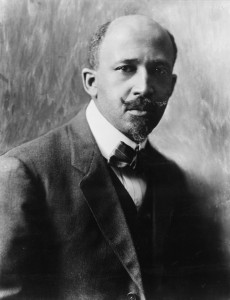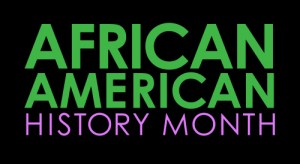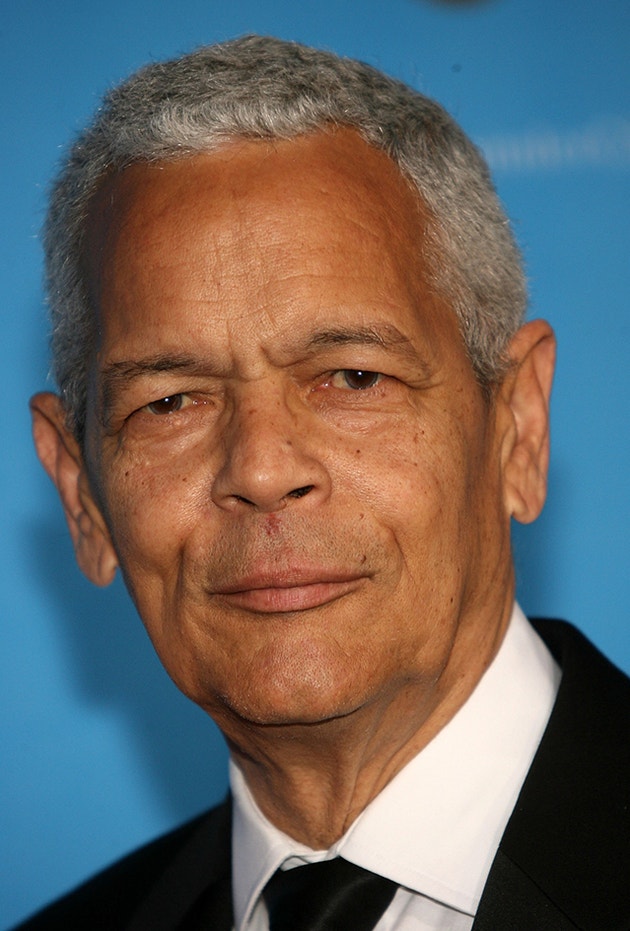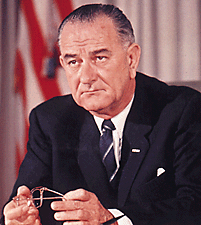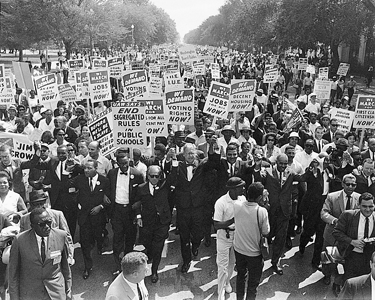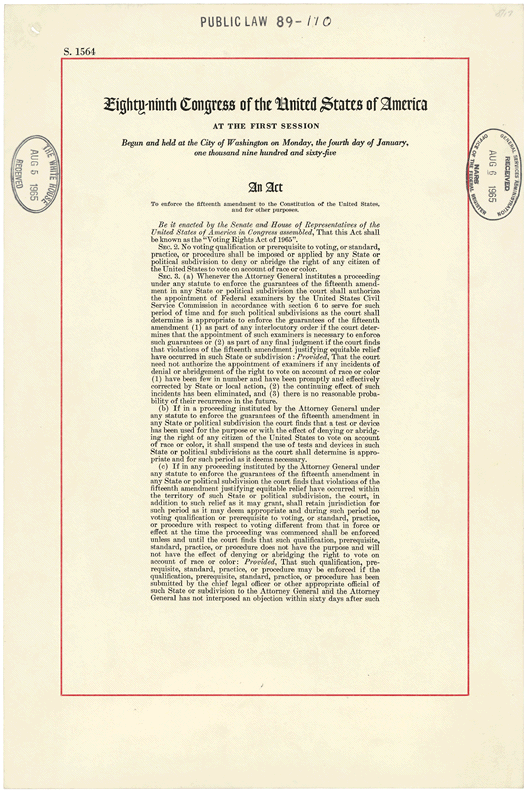African American History: W. E. B. Du Bois
Friday, February 23rd, 2018February 23, 2018
World Book’s celebration of Black History Month continues with happy birthday wishes for African American leader W. E. B. Du Bois <<doo BOYS>>, who was born 150 years ago today on Feb. 23, 1868. During the first half of the 1900′s, Du Bois was the leading black opponent of racial discrimination in the United States. He also won fame as a historian and sociologist. Modern day historians still use Du Bois’s research on blacks in American society.
Du Bois was one of the first African Americans to express the idea of Pan-Africanism. Pan-Africanism is the belief that all people of African descent have common interests and should work together to conquer prejudice. In 1900, Du Bois predicted that humanity’s chief problem of the new century would be “the color line.”
William Edward Burghardt Du Bois was born on Feb. 23, 1868, in Great Barrington, Massachusetts. He graduated from Fisk University in 1888. In 1895, he became the first African American to receive a Ph.D. degree at Harvard University. From 1897 to 1910, Du Bois taught history and economics at Atlanta University. In 1900, he attended the First Pan-African Conference in London, England. He later organized Pan-African conferences in Europe and the United States.
To fight racial discrimination, Du Bois founded the Niagara Movement in 1905. In 1909, he helped found the National Association for the Advancement of Colored People (NAACP). From 1910 to 1934, he was editor of the NAACP magazine, The Crisis. Du Bois left the NAACP in 1934 and returned to the faculty at Atlanta University. From 1944 to 1948, he again worked for the NAACP. After 1948, Du Bois became increasingly dissatisfied with the slow progress of race relations in the United States. He moved to the west African country of Ghana in 1961. Du Bois died in Accra, the Ghanaian capital, on Aug. 27, 1963.

